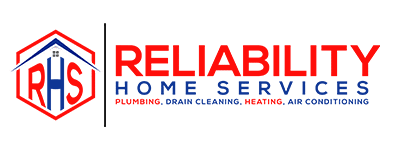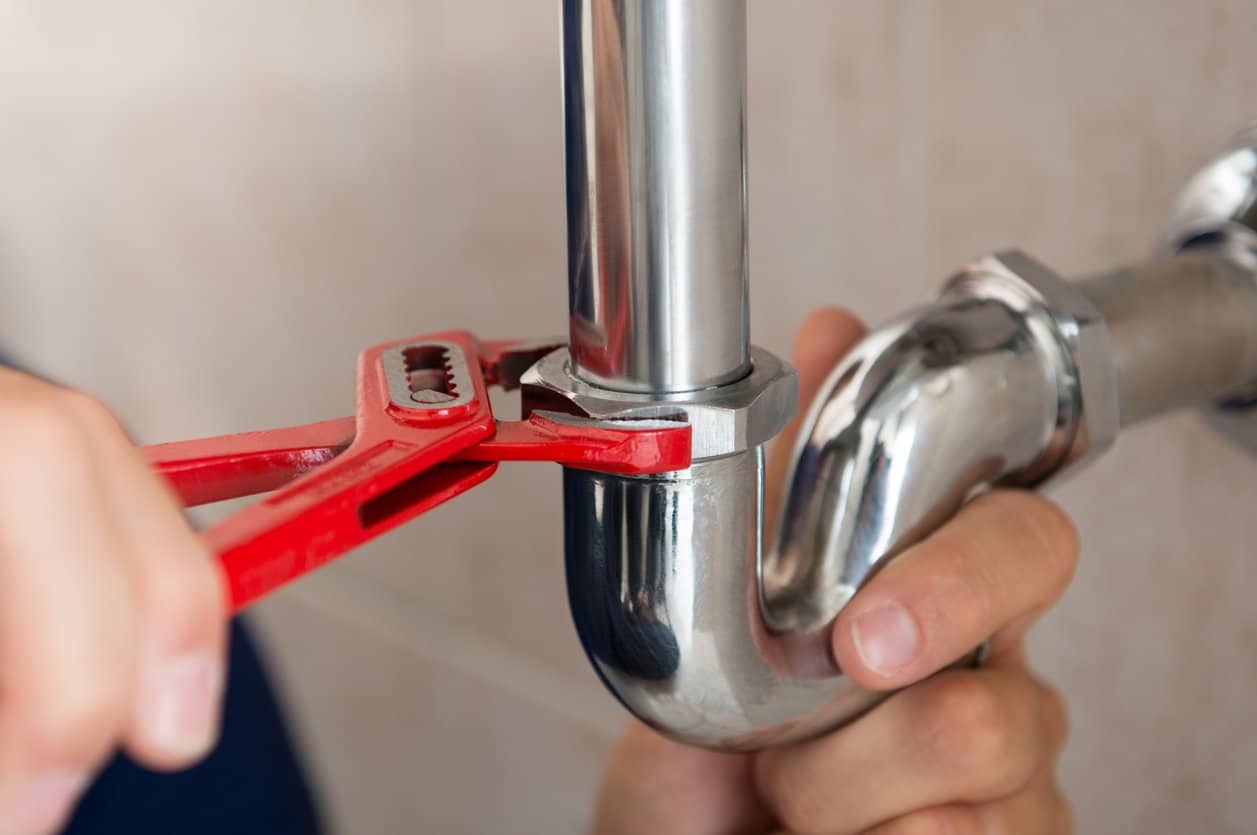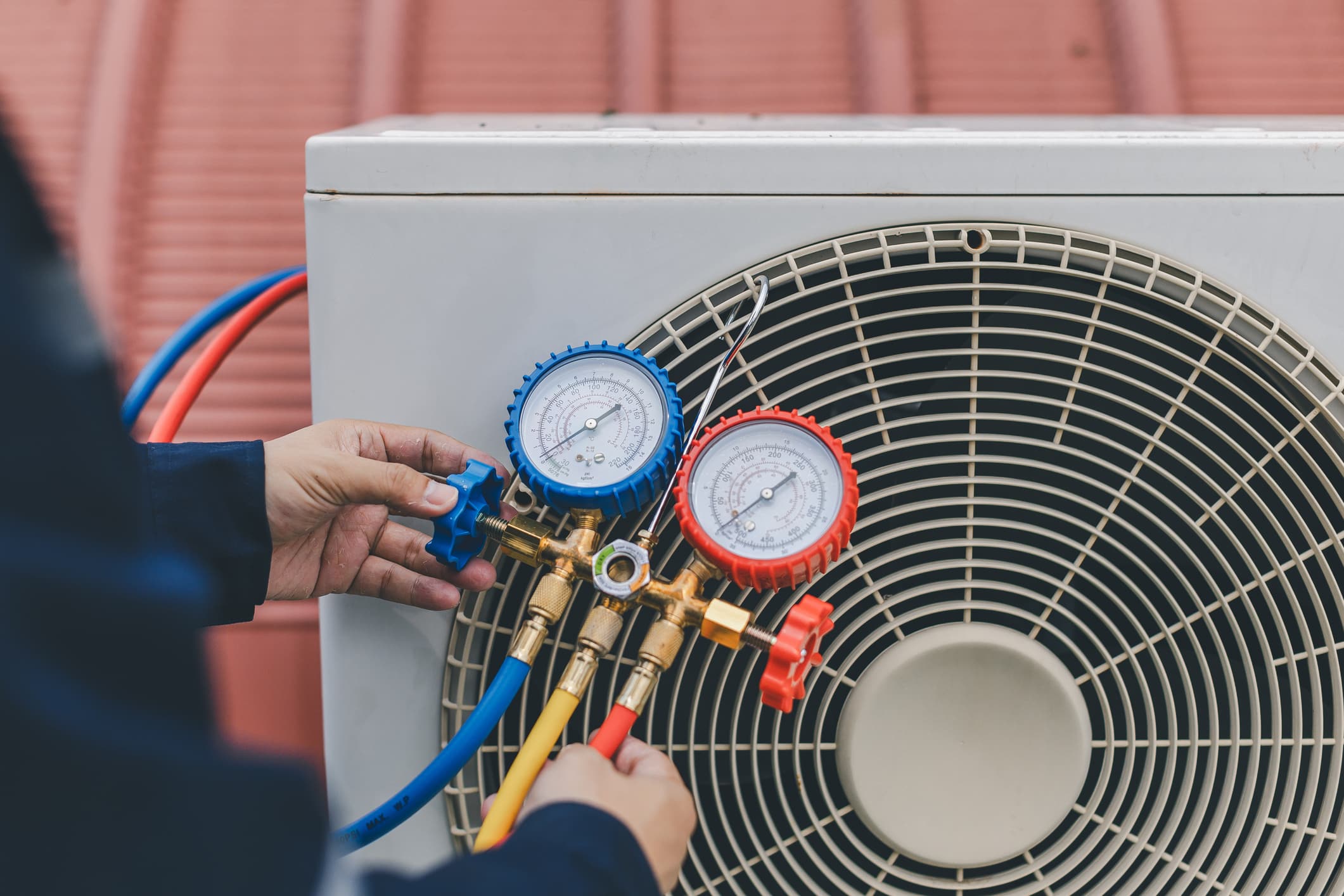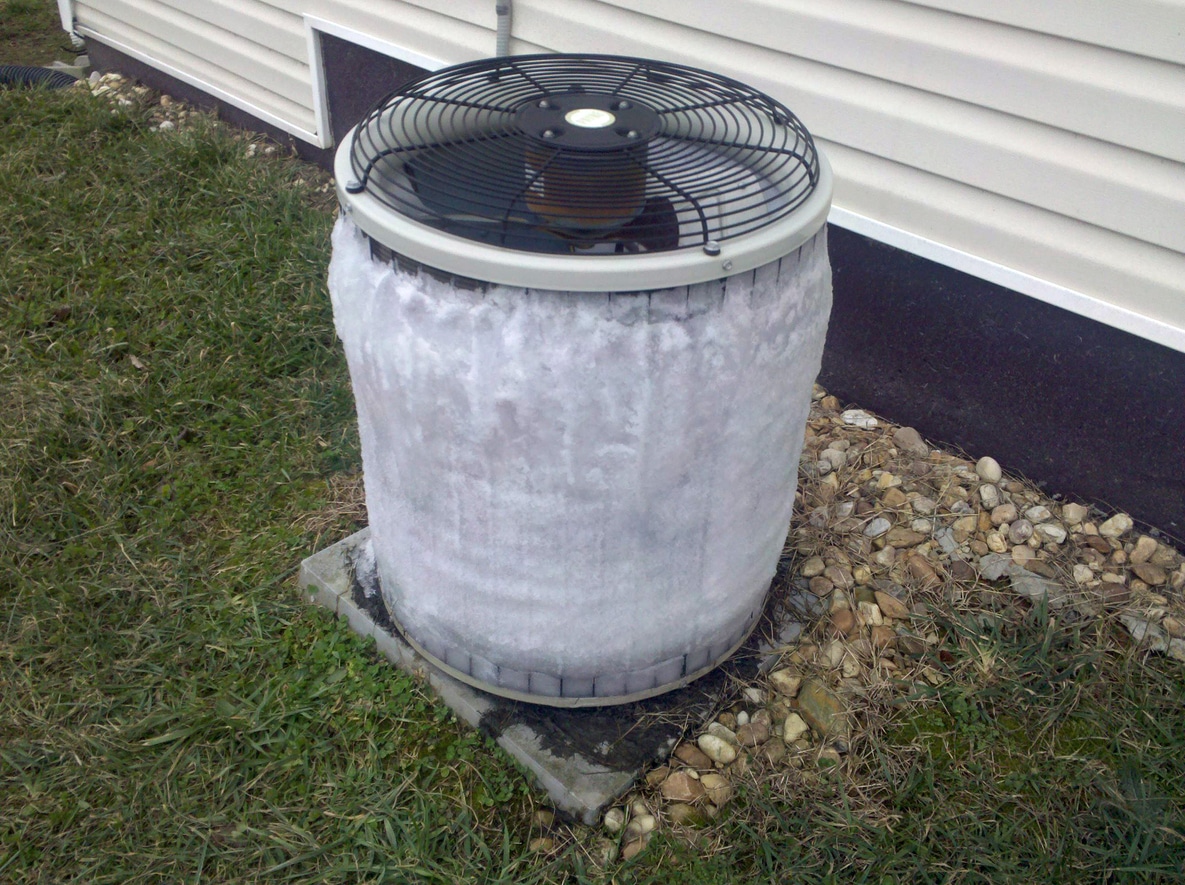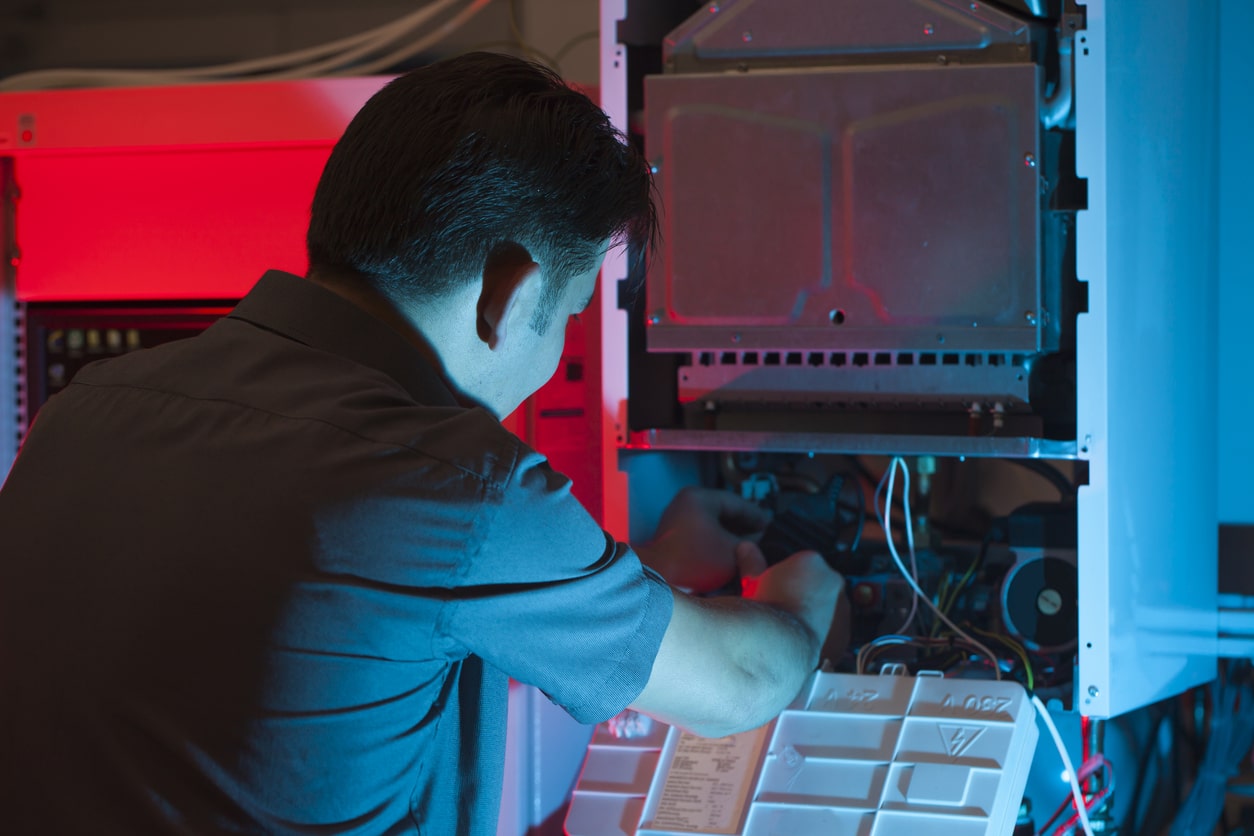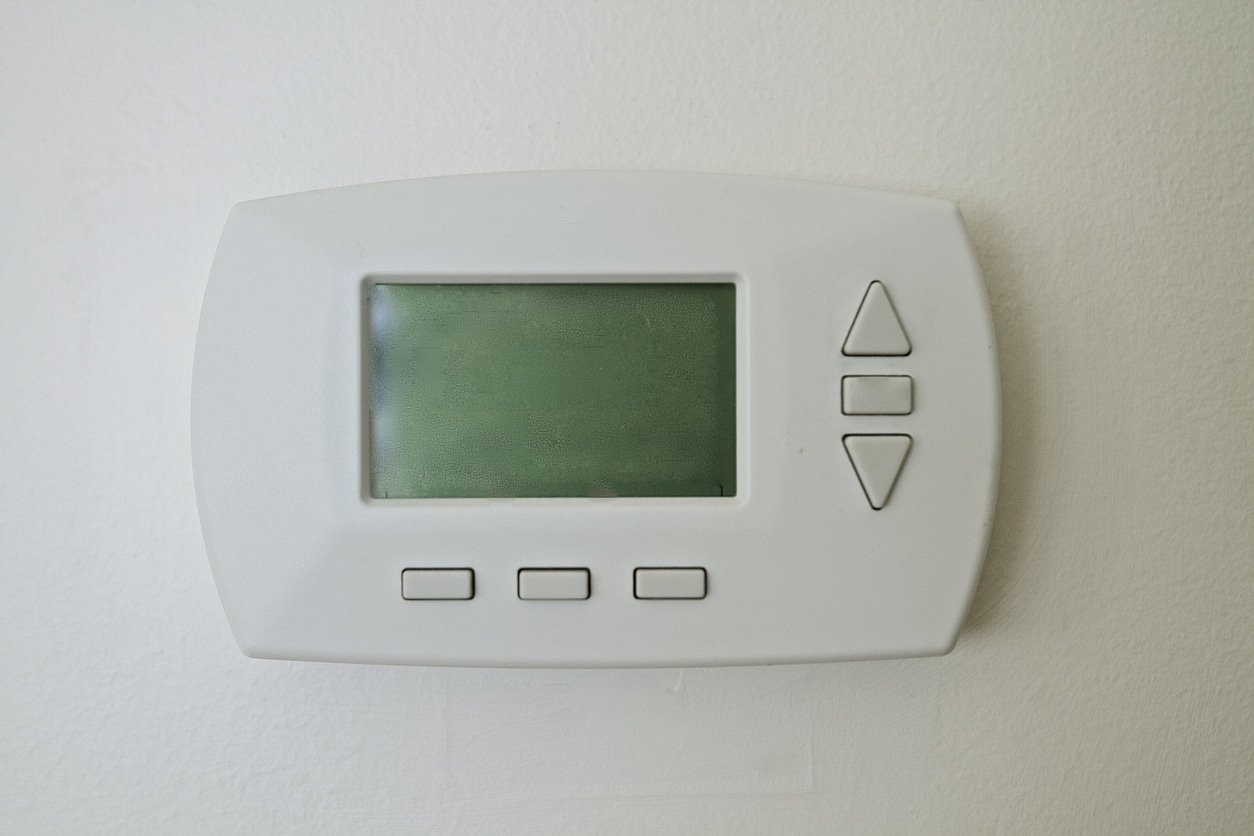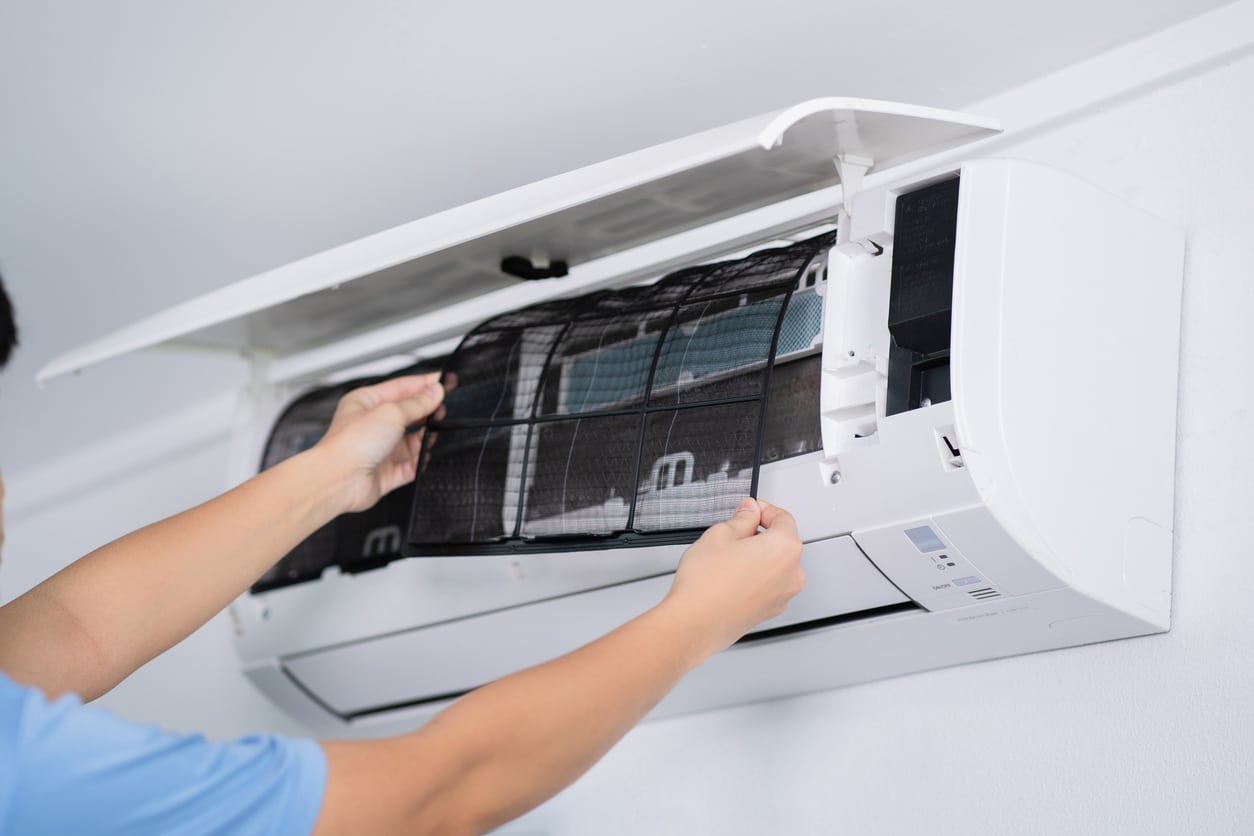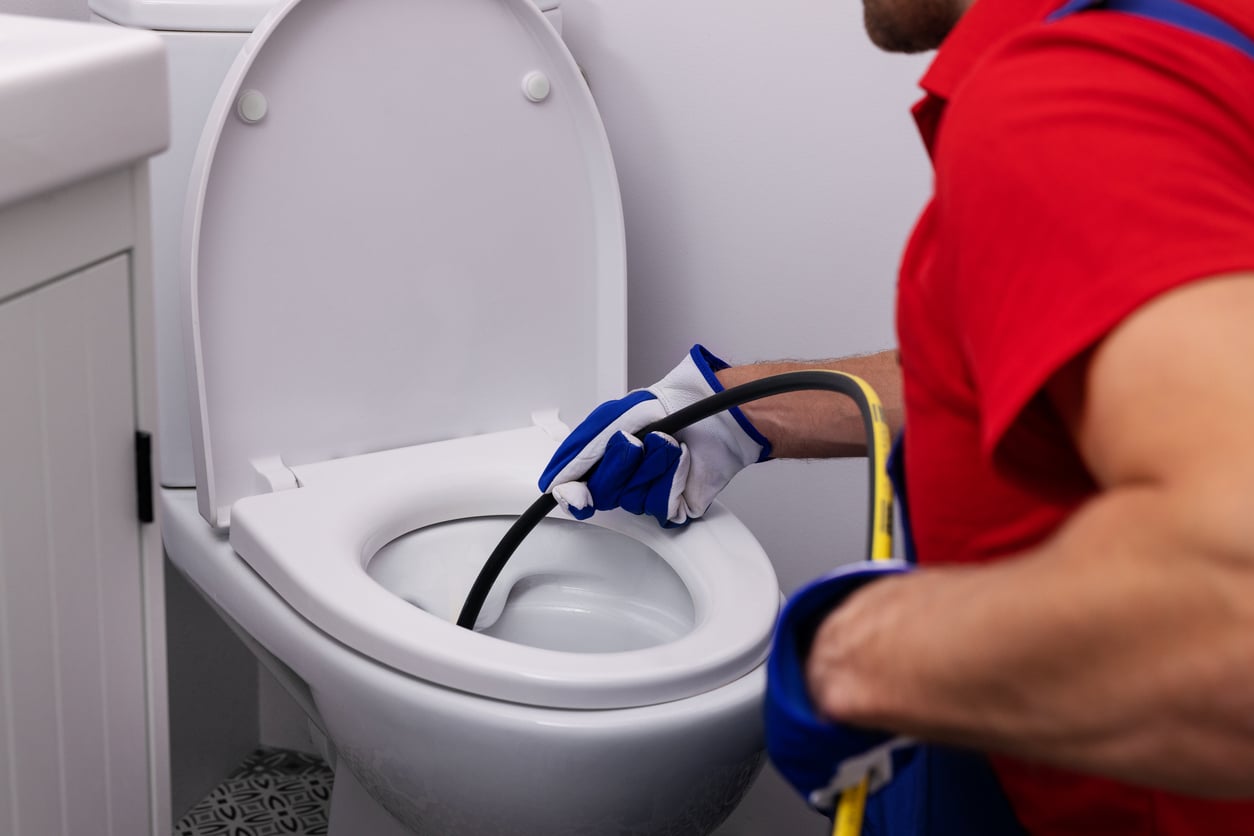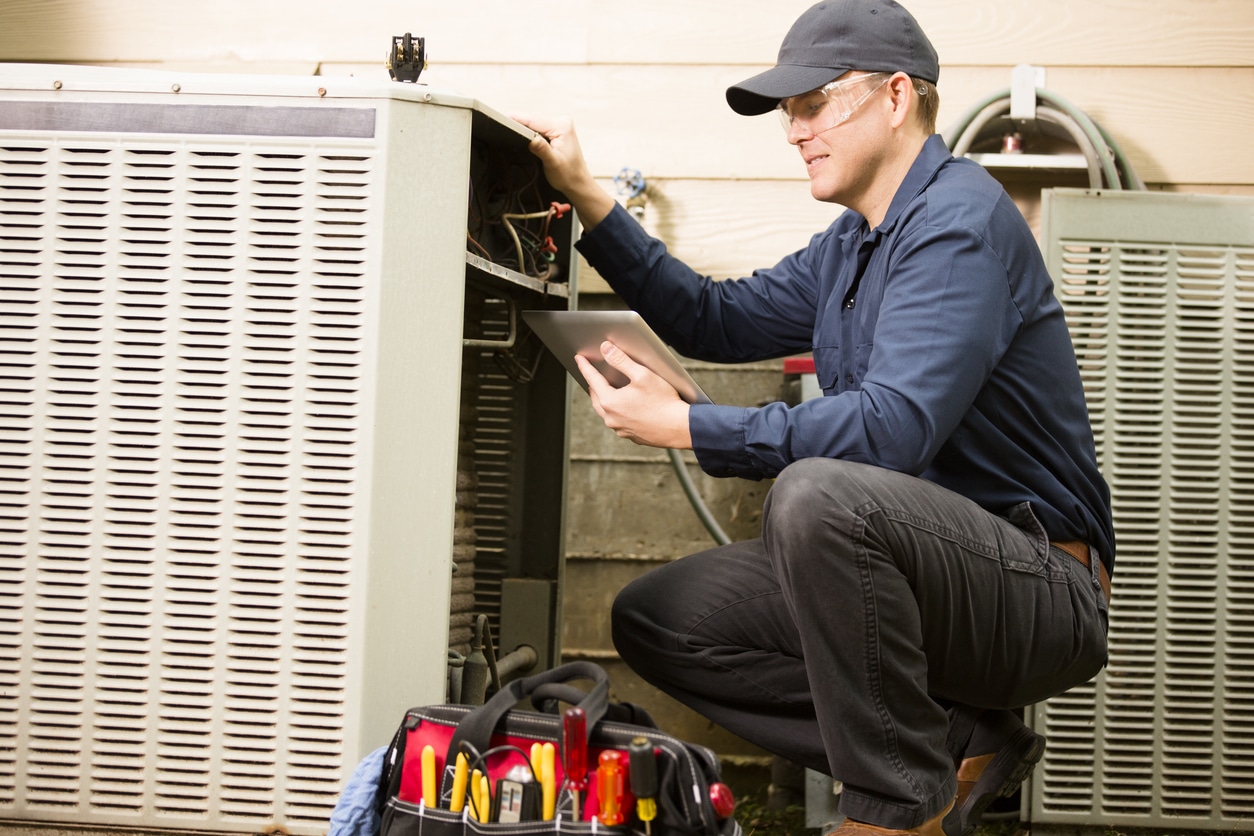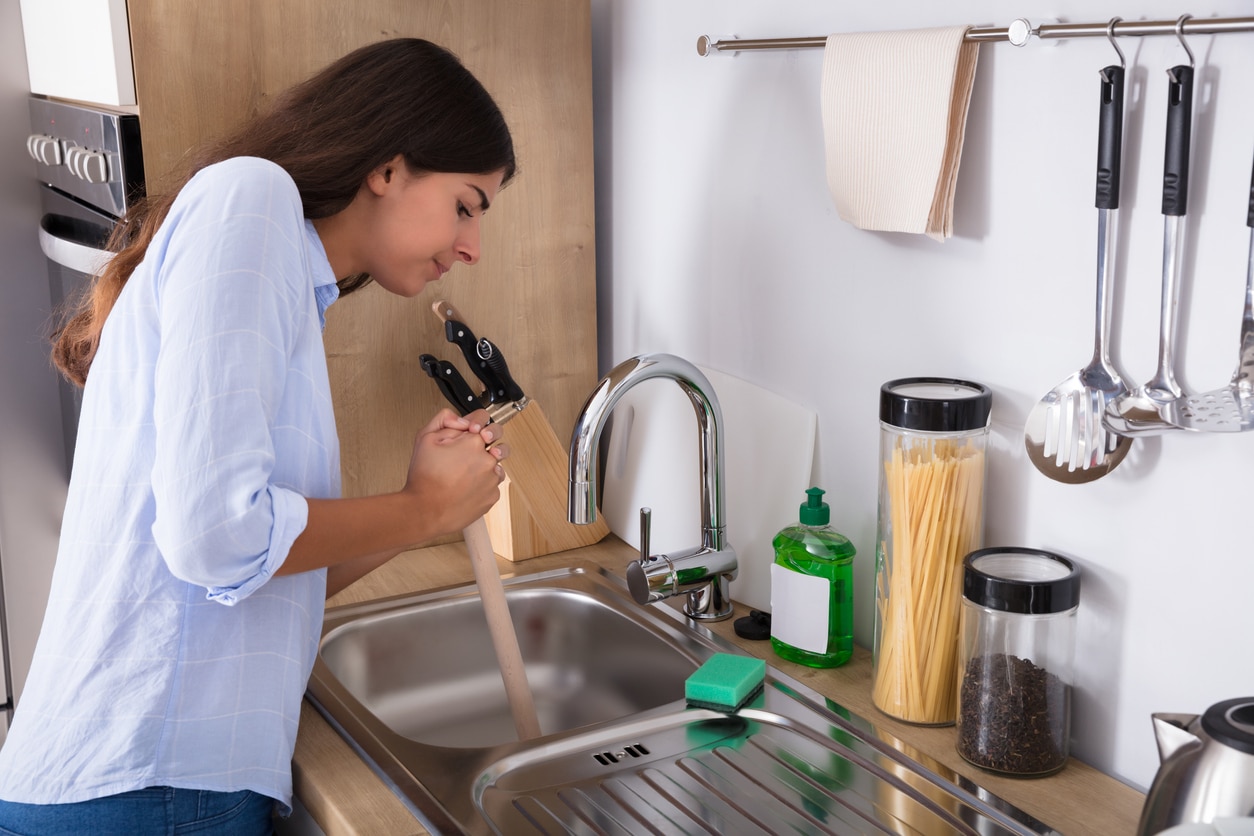Whether you cook seven nights a week or once a month, you still use your kitchen on a daily basis. All of the use and abuse takes a toll on your Dundalk kitchen sink plumbing as well as other parts of your kitchen plumbing. Fortunately, a little maintenance can protect your plumbing. Follow these tips, and you may be able to prevent a disaster.
Clean Your Faucet Aerator
The aerator of your faucet might not come into contact with food, but it could still get clogged. Over time, the minerals in your water accumulate in the aerator. They block the small openings and prevent water from freely flowing through the faucet. Every few months, you should clean your aerator. Start by unscrewing it from the faucet with a few counter-clockwise turns. If it seems stuck, you may need to wrap tape around the aerator and use pliers to loosen it. Once you separate the aerator from the faucet, place it in a bowl of white vinegar. Use a brush to clear off any particles, and you can reassemble the faucet.Address Water Pressure Issues
If your kitchen sink suddenly has low water pressure, don’t let the problem persist. There could be a serious issue with your plumbing, and the best course of action is to call a plumber. In some cases, the poor water pressure is as minor as a clogged faucet aerator. But, if you follow the tips above, you shouldn’t have to worry about that.Keep Certain Foods Out of Your Drain
If you put fatty foods down your drain, you could do serious damage to your sink’s plumbing. Fats, oils, and grease might be liquid at first. But then they transform into thick coatings that catch particles in your plumbing system. Every time you dump bacon grease, salad dressing, and creamy sauces down your drain, you could harm your plumbing. Keep in mind that non-greasy foods can also cause damage. Coffee grinds and flour also create trouble for your pipes. When coffee grinds are wet, they become like cement. Meanwhile, flour gets extremely gummy. Either substance could cause a clog in your plumbing.Be Careful with Your Garbage Disposal
Once you experience the convenience of a garbage disposal, it’s hard to imagine life without one. They make cooking and clearing meals easier than ever. Unfortunately, this convenient kitchen appliance could also ruin your plumbing.Your garbage disposal grinds down food particles and passes them into your plumbing. Therefore, you need to treat your disposal just as you would your sink drain. In addition to not placing fat and coffee grinds in your garbage disposal, avoid dumping stringy and fibrous food as well. Before you use your garbage disposal, run the water for about 15 seconds. Do the same after you use the disposal to help the waste get through your plumbing.Clean Your Garbage Disposal
If you don’t regularly clean your garbage disposal, it will begin to smell. There are a few hacks to cleaning your disposal, like placing ice cubes and lemon rinds in the disposal and grinding them for 30 seconds. You can also try pouring a teaspoon of liquid dish detergent into your disposal while it’s running. For more ideas, you can look online. Whatever method you use, be cautious of placing anything too hard into your disposal. The blades aren’t invincible.Know When to Call for Garbage Disposal Repair
As soon as you notice trouble with your garbage disposal, you should call for residential plumbing services. Continuing to use a broken disposal could lead to a clog. At the very least, it will result in a foul odor. In some cases, the issue is a minor one. Every garbage disposal comes with an overload protector. If the motor overheats, the disposal turns off. This could be the problem, or you may have a wiring issue. Avoid the temptation to work on the garbage disposal yourself. If you place your hands down the drain or fail to turn the power off, you may experience an injury.Avoid Using Chemical Drain Cleaner
As part of your regular kitchen maintenance, you might use a chemical drain cleaning solution. However, this is the opposite of what you should do. Store-bought products are harsh and could do irreparable damage to your pipes. If you use the cleaners too frequently, you will need to replace your pipes.If you feel it’s necessary to pour something down your drain, use a solution of white vinegar and water. And when you think you have a clog, call a plumber for help.Know the Signs of Clogs
If you don’t want to be a victim of a plumbing emergency, you should know the signs of drain clogs. All of the following are an indication you have a blockage somewhere in your plumbing:- Water starts backing up into your tub, sink, or toilet
- There’s liquid coming out from under your toilet
- Your sink is very slow to drain
- you smell a foul odor in your drain
- Puddles form near your sink or dishwasher
